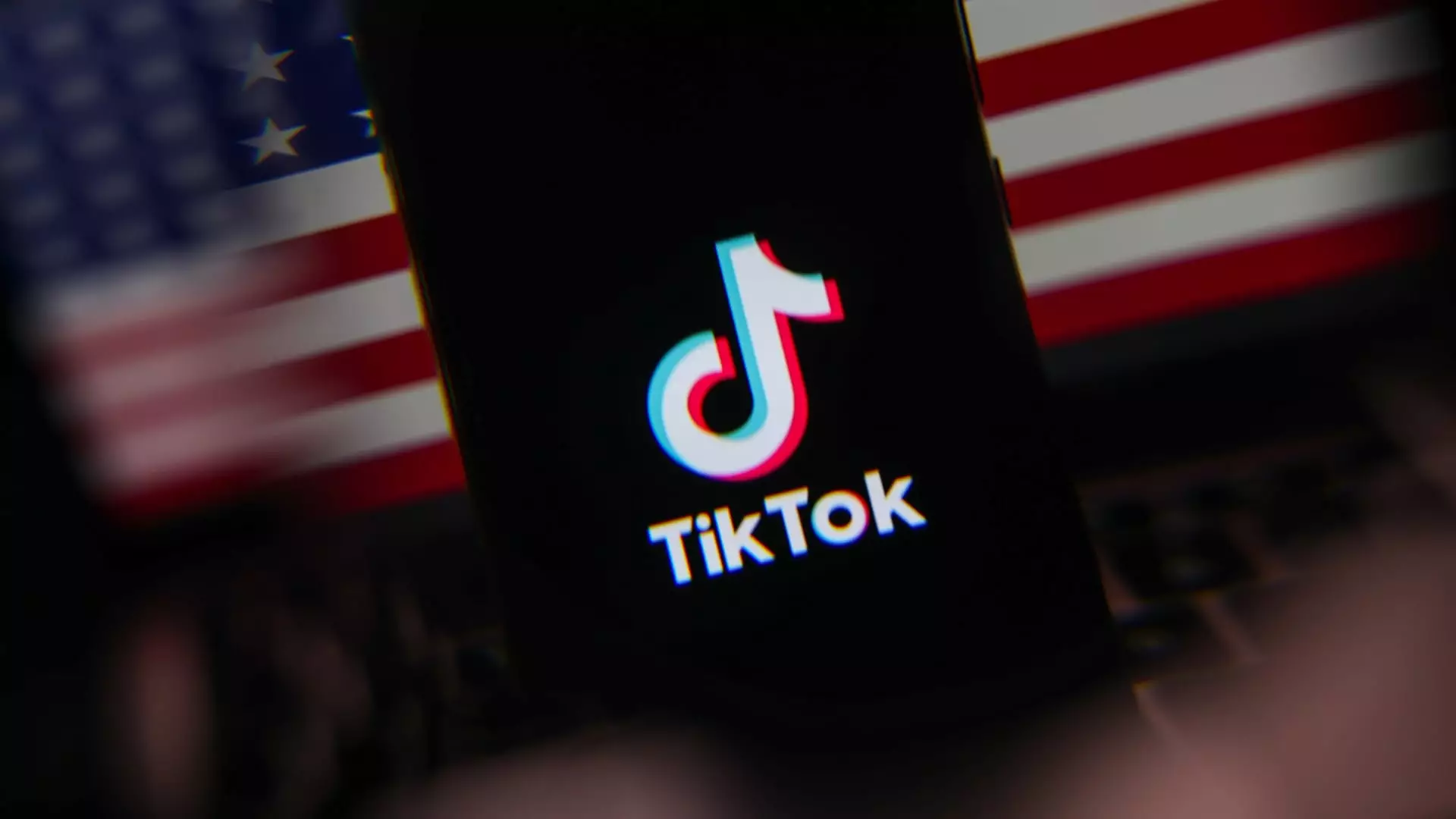TikTok, a widely-used social media platform, recently made headlines with its unexpected unavailability on major app marketplaces like Apple and Google. The app was pulled from these platforms on January 18, shortly before the enforcement of a law aimed at mitigating perceived threats to national security in the U.S. This legislative measure, which saw the light of day under the Biden administration, specifically targeted foreign-owned technology, with a sharp focus on the Chinese company ByteDance, TikTok’s parent entity. The news tapped into a larger narrative surrounding data privacy, international relations, and the growing scrutiny of foreign apps operating on American soil.
The Protecting Americans from Foreign Adversary Controlled Applications Act mandated that ByteDance divest its U.S. operations by January 19 or face a potential ban. As was underscored in legal commentary, the law is intertwined with heightened tensions between the U.S. and China, leading to claims that TikTok’s frameworks might compromise user data security. The legal backdrop positioned TikTok’s ownership as a significant national security risk, while the app itself argued that such measures infringed upon the constitutional rights of its extensive user base, estimated at over 170 million.
Despite the judicial support for the government’s position by the Supreme Court, the intensity of both TikTok’s pushback and its user advocacy raised critical questions. The court emphasized the rationale behind divestiture, noting that “Congress has determined that divestiture is necessary to address its well-supported national security concerns regarding TikTok’s data collection practices and relationship with a foreign adversary.” The operational pressure on TikTok became evident as its leadership threatened to halt U.S. services unless government intervention occurred, emphasizing the growing complexities of governance in the digital landscape.
In a surprising twist, TikTok re-emerged on app stores following a brief hiatus as negotiations unfolded. The announcement was concurrent with former President Donald Trump’s decision to defer the enforcement of the ban, indicating political maneuvering aimed at alleviating the pressure around TikTok’s operational viability. Trump’s proposition for a joint venture ownership model underscores the intricacies of business and geopolitics, revealing a willingness to strike a balance that protects American interests while allowing a major global player to maintain its operational foothold.
Reports indicated that despite its temporary removal from app stores, TikTok managed to regain approximately 90% of its user engagement within a month. This impressive rebound sheds light on the app’s entrenched position within American culture, suggesting that significant segments of the population have become inherently reliant on its platform for engagement and entertainment.
Furthermore, the decision to restore access raises broader implications for user rights and the future of regulations governing foreign software applications in the United States. As debates continue to unfold about the balance of security and privacy, it exemplifies the complexities that lie ahead in navigating digital governance in an interconnected, technology-driven world.
As TikTok integrates back into the digital framework of American society, it is essential to scrutinize the dualities of user liberty and national security. The recent events catalyze a conversation about the evolving responsibilities of tech companies and the mechanisms of governance in safeguarding user interest versus managing geopolitical anxieties. As these discussions unfold, it is clear that the interplay between social platforms and regulatory frameworks will remain an essential focal point for policymakers and users alike, making the future trajectory of TikTok not just business-related, but a matter entwined with national narratives and digital citizenship.

